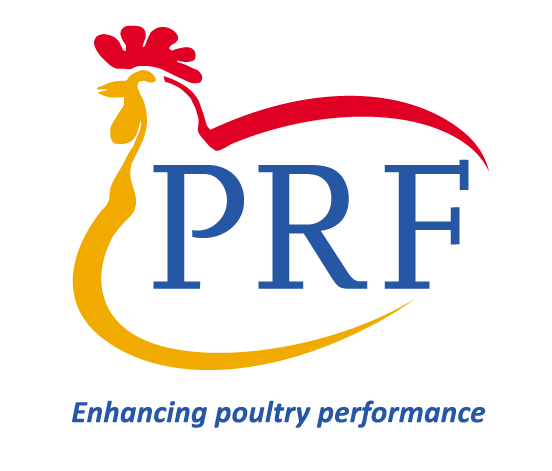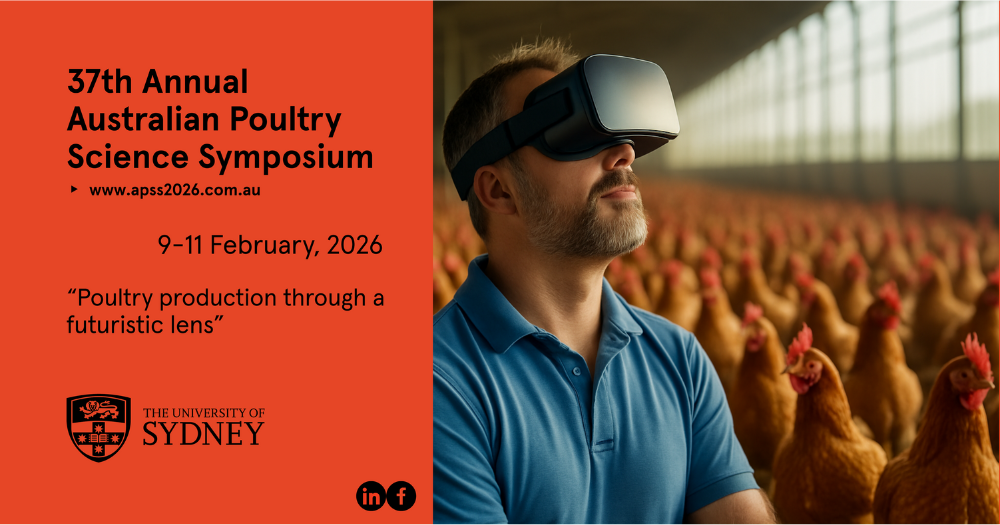Major Challenges Facing the Poultry Industry Over the Next Two Decades and Beyond Pt. 3
by Mingan Choct

In Part 1 and Part 2, I touched on two of the three key challenges: people and collaboration. In this issue, I will discuss the No. 3 Challenge, i.e., communication.
The Think Tank Meeting held last year in Sydney, came to a clear conclusion that communication in the poultry industry in Australia is insufficient on multiple levels.
Firstly, there is no uniform set of information among the industry, researchers and research-providers when they come to communicating the importance of the poultry industry for Australia’s food security as well as its role in meeting the nation’s net zero emissions target to various tiers of government and the general public. This is because the overwhelming focus of the industry peak bodies is biosecurity and regulations, rather than research, which ranks much further down on their priority list.
This leads to the second challenge, that is, the lack of channels and fora for researchers and research-providers to communicate with the senior managers of the major companies to hear their views about their plans for the poultry industry and the role of research, development and extension/education (RD&E) in it. Perhaps quite rightly, the major poultry producers often view the role of RD&E as the job of the R&D Corporations since they contribute to the pool of funding managed by the funding bodies, which, in turn, have government rules to follow in interacting with the industries that contribute the R&D levy and the research-providers that complete for funding. Thus, this is a conundrum that acts as a barrier to enhancing communication among the industry, researchers and research-providers.
Thirdly, there is no coordinated approach to advocating for increased funding of poultry RD&E and the retention of high calibre researchers to solve poultry industry-specific problems. Part 1 of this series covered the challenge of workforce planning in the face of rapidly changing technological landscape, such as AI, and the way we need to teach agricultural students and the interdisciplinary research required to cater for the future needs of the industry. The status quo is no longer adequate and Australia should not just rely on international research and experts to fill the gaps. We require an industry-wise, united approach to communicate the future needs because the few remaining publicly-funded organisations that engage in poultry research complete for a small pool of funding available, and each of them thinks, understandably, about its own survival, rather than the national big picture. In regard to poultry related communication arising from these organisations, if any, is typically buried among the many other stories. Industry entities have their own communication priorities, and hence raising more money to fund research or retaining high calibre individuals to carry our innovative, futuristic projects is usually left to the research organisations that employ the researchers. Two other factors add urgency to this challenge. a) Net zero targets set by Australia and other countries have sharpened the focus on methane emissions and hence ruminant animal research has become their funding priorities. As a consequence, large scale funding opportunities for poultry research have become scarce to non-existent. b) The competition among different sectors of the agricultural industries for capable researchers is stronger than ever. The fact that many poultry researchers are often on short-term contracts means that some people will take generic jobs with more permanency in another industry or within a related discipline.
Poultry production is low in GHG emissions as it is highly efficient in water use, land demand and feed utilisation. It also utilises a lot of crop and food industry by-products that are not fit for food use. In Australia, poultry meat and eggs are the largest contributors of quality protein for human consumption in Australia, providing more than 50kg meat and 260 eggs per person per year. An effective advocacy of the industry’s economic and social values to governments and the general public will require a united, coordinated and sustained voice among the industry, poultry scientists and research-providers.
Latest news
Our events
- The Countdown is on for APSS 2026With just over 120 days until APSS 2026, planning for the 37th annual Australian Poultry Science Symposium is progressing smoothly. Next year’s event will return to the University of Sydney Business School – Belinda Hutchinson Building (H70) on the Camperdown Campus, and we’re excited to once again welcome delegates for 2.5 days of presentations, posters, networking, and industry engagement.
Connect with us:


